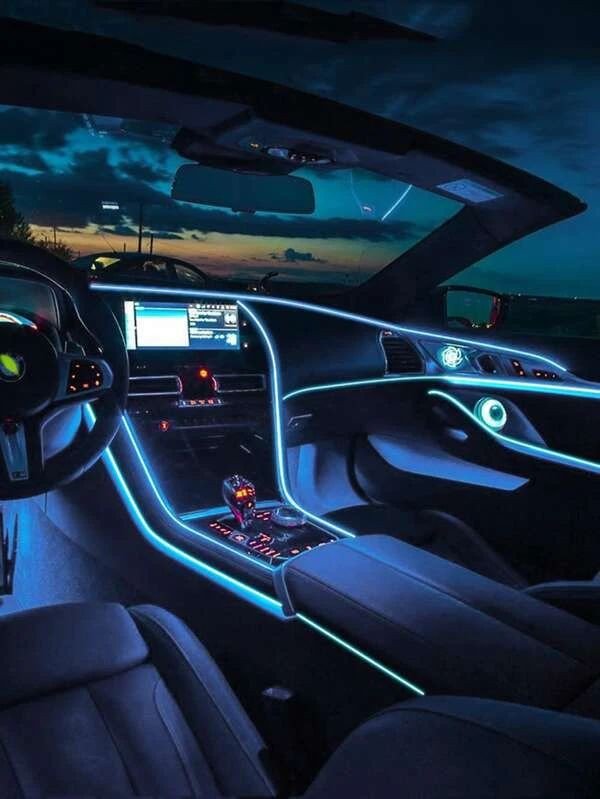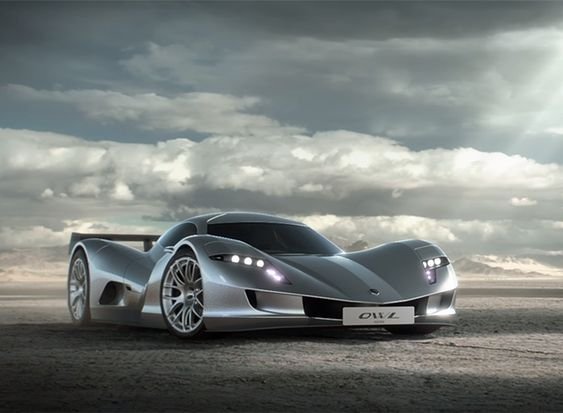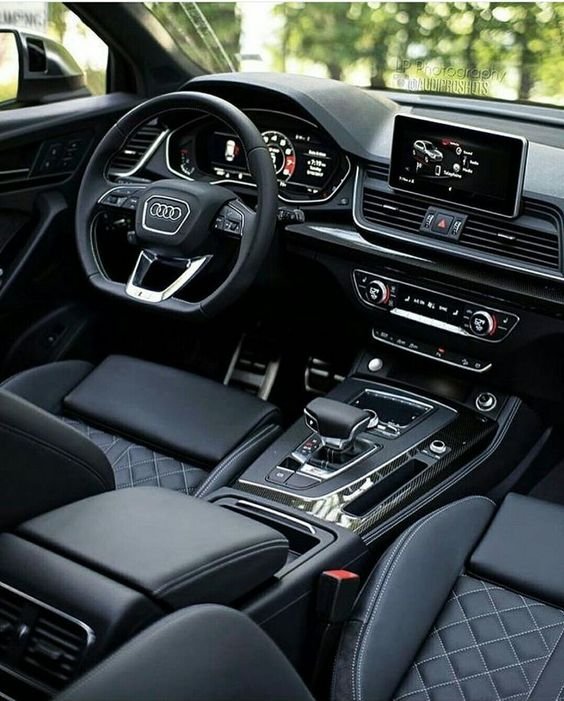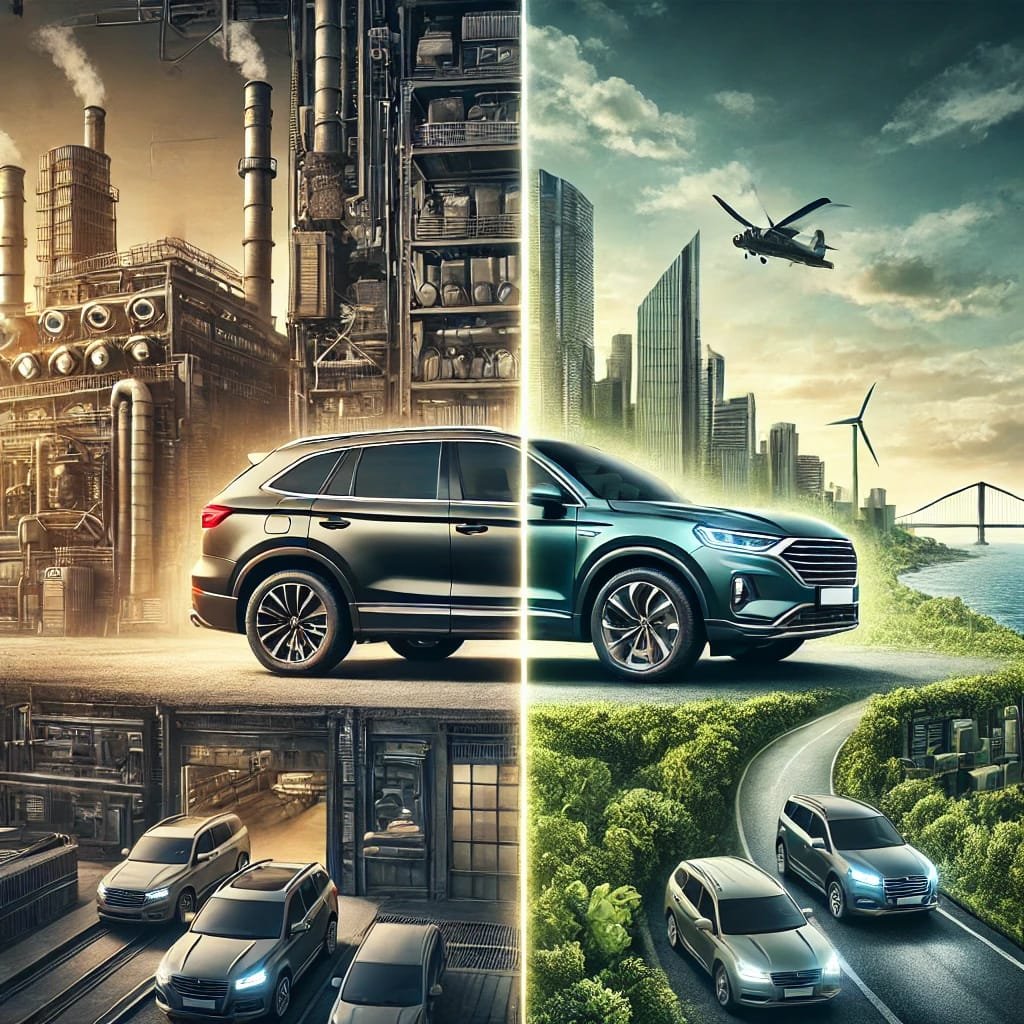
The advent of 5G technology marks a significant leap forward in connectivity, promising faster data speeds, lower latency, and the ability to connect more devices simultaneously. One of the most exciting applications of 5G is in the automotive industry, where it has the potential to revolutionize connected cars. This article explores the impact of 5G on connected cars, highlighting the benefits, challenges, and future implications of this transformative technology.
What is 5G?
5G is the fifth generation of wireless technology, offering improvements over its predecessor, 4G, in several key areas:
– Speed: 5G can deliver data speeds up to 100 times faster than 4G, enabling high-definition video streaming, real-time communication, and large data transfers with minimal delay.
– Low Latency: One of the most significant advantages of 5G is its ultra-low latency, which can be as low as 1 millisecond. This near-instantaneous communication is crucial for applications that require real-time responses, such as autonomous driving.
– Capacity: 5G networks can support a much higher number of connected devices within a given area compared to 4G. This is particularly important in urban environments where the density of connected devices is high.
How 5G Enhances Connected Cars
Improved Vehicle-to-Everything (V2X) Communication
One of the most significant impacts of 5G on connected cars is the enhancement of Vehicle-to-Everything (V2X) communication. V2X is a technology that allows vehicles to communicate with each other (V2V), with infrastructure (V2I), and with other road users, including pedestrians (V2P).
With 5G, V2X communication becomes faster and more reliable, enabling vehicles to exchange information in real time. For example, a connected car can receive data about traffic conditions, road hazards, and weather from other vehicles or roadside sensors, allowing it to make informed decisions on the fly. This enhanced communication improves road safety, reduces congestion, and optimizes traffic flow.
Enhanced Autonomous Driving Capabilities
Autonomous vehicles rely heavily on data from sensors, cameras, and LIDAR to navigate their environment. However, these vehicles also benefit from being connected to a larger network that provides additional information, such as real-time traffic updates, maps, and data from other vehicles.
5G’s low latency and high-speed data transfer capabilities are critical for autonomous driving. They enable autonomous vehicles to process vast amounts of data in real-time, improving their ability to make quick decisions and respond to dynamic driving conditions. This could lead to more advanced levels of autonomy, where vehicles can handle complex driving scenarios with little to no human intervention.
Improved Infotainment and Connectivity
5G also enhances the in-car experience for passengers by providing faster and more reliable connectivity. With 5G, passengers can stream high-definition video, play online games, and use cloud-based applications without experiencing lag or buffering. This level of connectivity transforms the car into a mobile entertainment center, improving the overall passenger experience.
Moreover, 5G enables cars to stay connected to cloud services, allowing for seamless updates to the vehicle’s software and navigation systems. This connectivity ensures that cars always have access to the latest features, maps, and safety updates, enhancing both convenience and safety.
Enhanced Safety Features
Safety is one of the most critical areas where 5G can make a significant impact. With 5G, connected cars can benefit from advanced safety features such as:
– Collision Avoidance: 5G enables faster communication between vehicles, allowing them to share information about their speed, position, and direction. This data can be used to predict potential collisions and take preventive action, such as automatically braking or steering to avoid an accident.
– Emergency Response: In the event of an accident, 5G allows connected cars to quickly transmit data to emergency services, including the vehicle’s location, the severity of the impact, and the number of passengers. This rapid response capability can help save lives by reducing the time it takes for emergency responders to arrive on the scene.
– Remote Diagnostics and Maintenance: 5G enables real-time monitoring of a vehicle’s systems, allowing for remote diagnostics and predictive maintenance. If a problem is detected, the vehicle can notify the driver and even schedule a service appointment automatically.
Support for Smart Cities and Infrastructure
5G is not only beneficial for connected cars but also for the broader ecosystem of smart cities and infrastructure. As cities become smarter, they will rely on connected vehicles to optimize traffic flow, reduce congestion, and improve public safety.
For example, 5G-connected traffic lights can communicate with vehicles to optimize traffic signal timing based on real-time traffic conditions. Additionally, smart parking systems can guide drivers to available parking spaces, reducing the time spent searching for parking and minimizing traffic congestion.
Enhanced Data Collection and Analysis
Connected cars generate vast amounts of data, from vehicle performance metrics to driver behavior patterns. With 5G, this data can be transmitted to cloud servers in real-time, where it can be analyzed to provide valuable insights.
Automakers and service providers can use this data to improve vehicle design, optimize maintenance schedules, and offer personalized services to drivers. For example, insurance companies could use driving behavior data to offer usage-based insurance policies that reward safe driving habits.
Challenges and Considerations
Infrastructure Development
The deployment of 5G networks requires significant investment in infrastructure, including the installation of new cell towers and the upgrading of existing ones. This infrastructure development is ongoing, but it may take time before 5G coverage is available in all areas, particularly in rural or remote regions.
Data Privacy and Security
As connected cars become more integrated with 5G networks, concerns about data privacy and security will grow. The vast amount of data generated by connected cars, including location data, driving behavior, and personal information, must be protected from cyberattacks and unauthorized access. Automakers and technology providers will need to implement robust security measures to safeguard this data.
Interoperability and Standardization
For 5G-connected cars to function seamlessly across different regions and networks, there needs to be a high level of interoperability and standardization. This includes ensuring that vehicles from different manufacturers can communicate with each other and with infrastructure, regardless of the underlying technology or network provider. Achieving this level of standardization will require collaboration between automakers, technology companies, and regulators.
The Future of 5G in Connected Cars
Advancing Autonomous Vehicles
As 5G networks continue to expand and improve, they will play a crucial role in advancing autonomous driving technology. The combination of 5G and AI could enable fully autonomous vehicles that can navigate complex environments, interact with other vehicles and infrastructure, and make real-time decisions with minimal human intervention.
Integration with Smart Cities
The integration of 5G-connected cars with smart city infrastructure will lead to more efficient and sustainable urban environments. By leveraging real-time data, cities can optimize traffic flow, reduce emissions, and improve public safety. The future of transportation may involve a seamless network of autonomous vehicles, smart infrastructure, and real-time data analytics, all powered by 5G.
New Business Models and Services
The advent of 5G in connected cars will likely lead to the emergence of new business models and services. For example, automakers could offer subscription-based services that provide drivers with access to premium features, such as advanced navigation, enhanced safety features, or in-car entertainment. Additionally, the data generated by connected cars could be used to develop new services, such as personalized insurance policies, predictive maintenance, and location-based services.
Conclusion
The impact of 5G on connected cars is profound, offering the potential to revolutionize the automotive industry and transform the way we think about transportation. From enhancing autonomous driving capabilities and improving safety features to enabling seamless integration with smart cities, 5G is poised to play a central role in the future of mobility. As 5G networks continue to roll out and mature, we can expect to see even more innovative applications that will further enhance the connected car experience and pave the way for a safer, more efficient, and sustainable transportation ecosystem.
ALSO READ: Vehicle Safety Features and Technologies: What You Need to Know







